Trump escaped the consequences of his alleged crimes. Now his allies are after the prosecutors who brought the charges
The criminally convicted president-elect believes his election and the end of his federal cases exonerated him. Will his administration be able to stop the retribution he promised? Alex Woodward reports
Before he is sworn in as president on January 20, Donald Trump will likely walk through the same tunnel where a mob of hundreds of his supporters, wearing hats bearing his slogan, bore down on police for three hours with their fists, pepper spray, stolen police shields and flag poles with the American flag twisted around them.
Some of the worst violence on January 6, filmed on hundreds of devices and livestreamed to millions of people, was captured in that tunnel, where Washington DC Metropolitan Police Officer Michael Fanone was pulled to the ground by his neck, tased and beaten, while rioters yelled “kill him with his own gun.” He had a heart attack and fell unconscious.
The violence in and around the Capitol that day was fueled by a false, ongoing narrative that the 2020 election was rigged against and stolen from Trump, who is accused of enabling a mob that set out to do what he failed to.
On November 25, the Department of Justice special counsel who led two sprawling criminal investigations against the former president filed motions to dismiss them both, effectively throwing in the towel after a years-long attempt to prosecute Trump for 44 crimes, spelled out in hundreds of pages of evidence. Neither case made it to trial.
Jack Smith’s decision to end two federal criminal cases against Trump – for his efforts to overturn his 2020 loss and for withholding thousands of classified documents at his Mar-a-Lago compound — was inevitable.
After months of delays, appeals and Supreme Court decisions that gave Trump exactly what he wanted, the cases were ultimately upended by Trump’s victory against Kamala Harris, throwing the courts and the Justice Department into unprecedented territory. Can they prosecute a sitting president? No, according to the agency’s counsel. So that’s that.
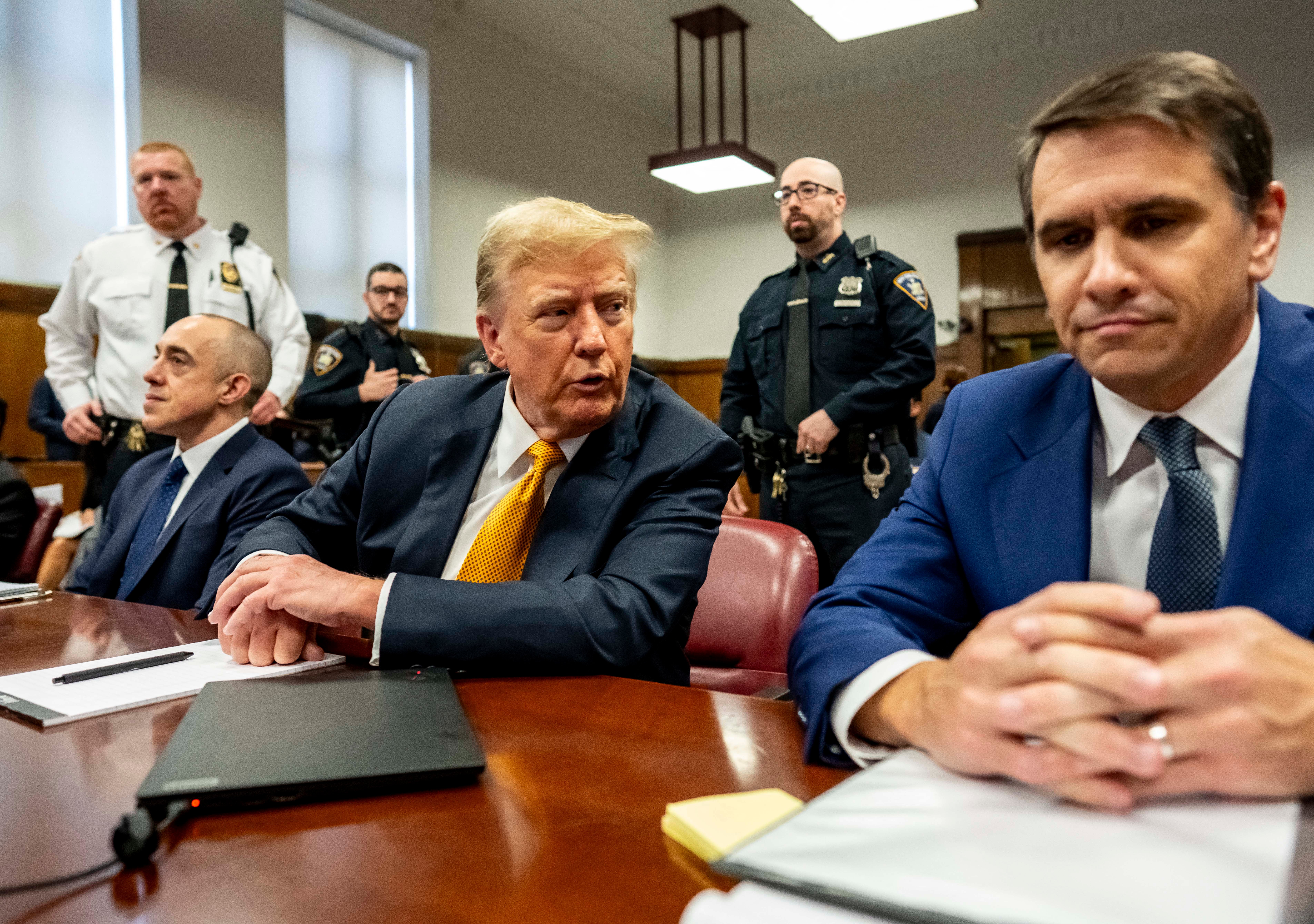
Despite Trump’s public attempts to influence officials to overturn election results, impeachment hearings, congressional investigations, and real-time footage of the attack and Trump’s response, followed by hundreds of court filings that thread them all together, Trump has escaped any criminal consequences for his actions surrounding the 2020 election and its aftermath.
Now, Trump’s allies are planning how to execute his campaign of “retribution” against the prosecutors, judges and elected officials who put him in the crosshairs.
“No one should be above the law,” said former US Capitol Police officer Aquilino Gonell, who testified to the House committee investigating January 6 about the extent of injuries he experienced during the attack.
Ending the case against Trump “will only embolden him to fulfill his promise” to pardon hundreds of January 6 defendants, he said.
The Oversight Project — the Heritage Foundation’s venture against “weaponization” of the federal government — is planning “model indictments” for the prosecutors who spearheaded investigations and indictments into the former president.
“Now this is not the end. It is not even the beginning of the end. But it is, perhaps, the end of the beginning,” the group wrote in a statement following Smith’s motions, quoting Winston Churchill. “Jack Smith and his team must be held accountable for their unprecedented lawfare. We are preparing a model indictment.”
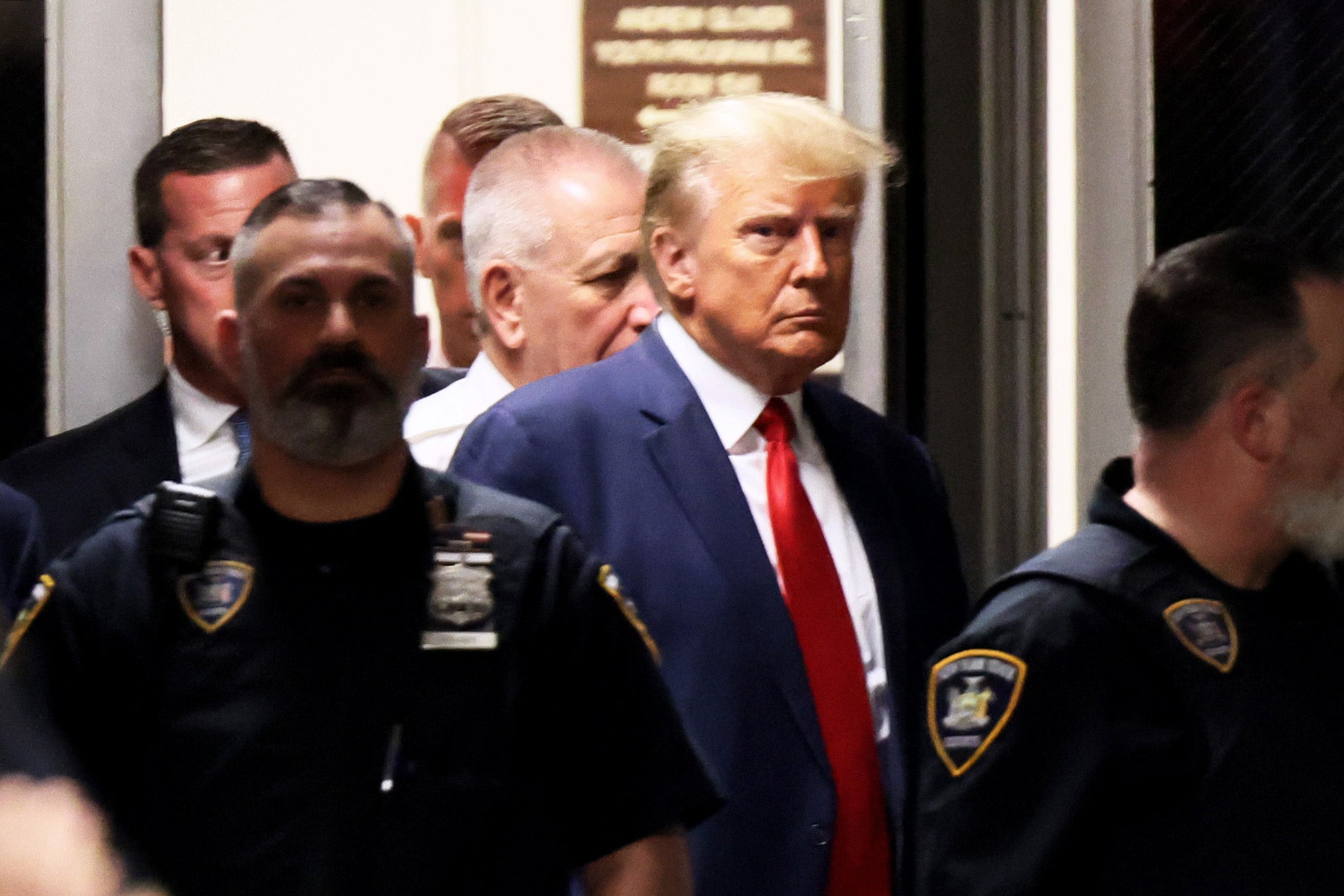
Trump could also avoid any potential future investigations “by simply pardoning himself,” according to Heritage Foundation senior legal fellows and former federal prosecutors Zack Smith and Charles Stimson.
Top officials at the Justice Department — including Trump’s two criminal defense attorneys in his hush money case — will be under pressure to decide whether to prosecute the attorneys they faced in courts across the country.
Trump nominated his attorney Todd Blanche to serve as deputy attorney general, the second-highest ranking Justice Department official, after he successfully kept Trump away from criminal consequences for his 34-count felony conviction in New York, helped him win “immunity” in his election interference case, and convinced a judge to toss out the classified documents case altogether.
Career attorneys at the Justice Department are bracing for his arrival, and hoping that he can curb Trump’s basest instincts against his political rivals. (Rod Rosenstein, Trump’s first deputy attorney general, said Blanche and Bove “won’t allow partisanship to sway DOJ prosecutions.”)
“I think it will be enormously difficult for Blanche to balance the orders he gets from the president with what he knows is the right thing to do,” former Justice Department inspector general Michael Bromwich told NBC News. “If I were he, I would have stayed as far away from the Justice Department as I could. I don’t think it will end well for him.”
Blanche will serve behind Attorney General Pam Bondi, if she is confirmed in the Senate,
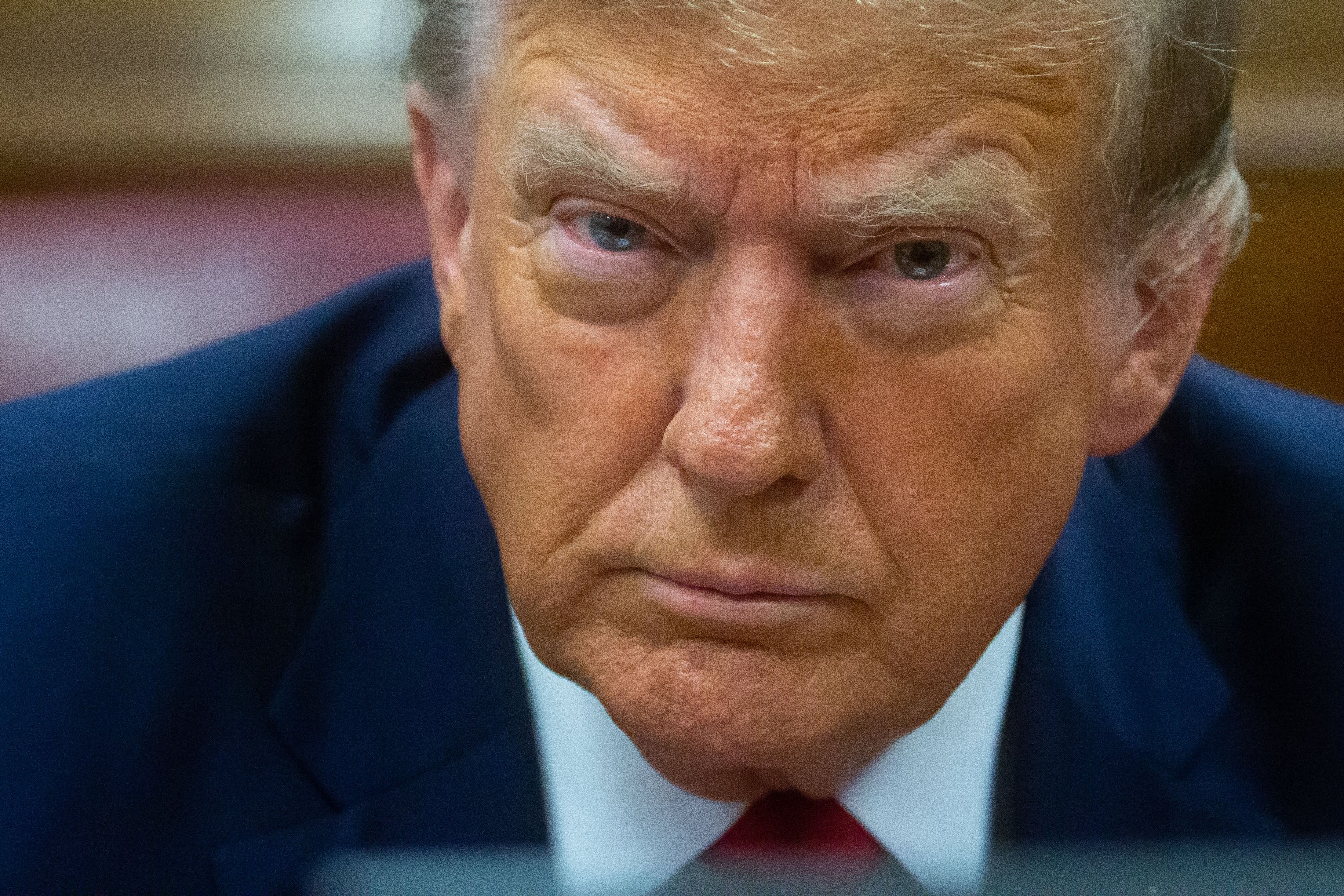
“The Department of Justice, the prosecutors will be prosecuted,” Bondi told Fox News in 2023. “The bad ones. The investigators will be investigated, because the deep state, last term for President Trump, they were hiding in the shadows. But now they have a spotlight on them, and they can all be investigated. And the house needs to be cleaned out.”
Former Trump aide Steve Bannon, recently released from prison, told his War Room podcast listeners this week that Trump is “coming after” members of the House select committee that investigated January 6.
“Preserve your documents, because we’re coming after you. You people are criminals,” he said.
Judges overseeing the cases against the former president and January 6 defendants cannot “hide behind your cloaks,” he said. “We’re coming for you, too. You are corrupt.”
Earlier this month, House Republicans demanded Smith preserve his records, while Elon Musk — now a key adviser in Trump’s transition after pumping more than $100 million in his campaign — said “Jack Smith’s abuse of the justice system cannot go unpunished.”
In a lawsuit filed in Texas, state attorney general Ken Paxton demanded Attorney General Merrick Garland preserve case records, claiming that Smith is out to destroy them.
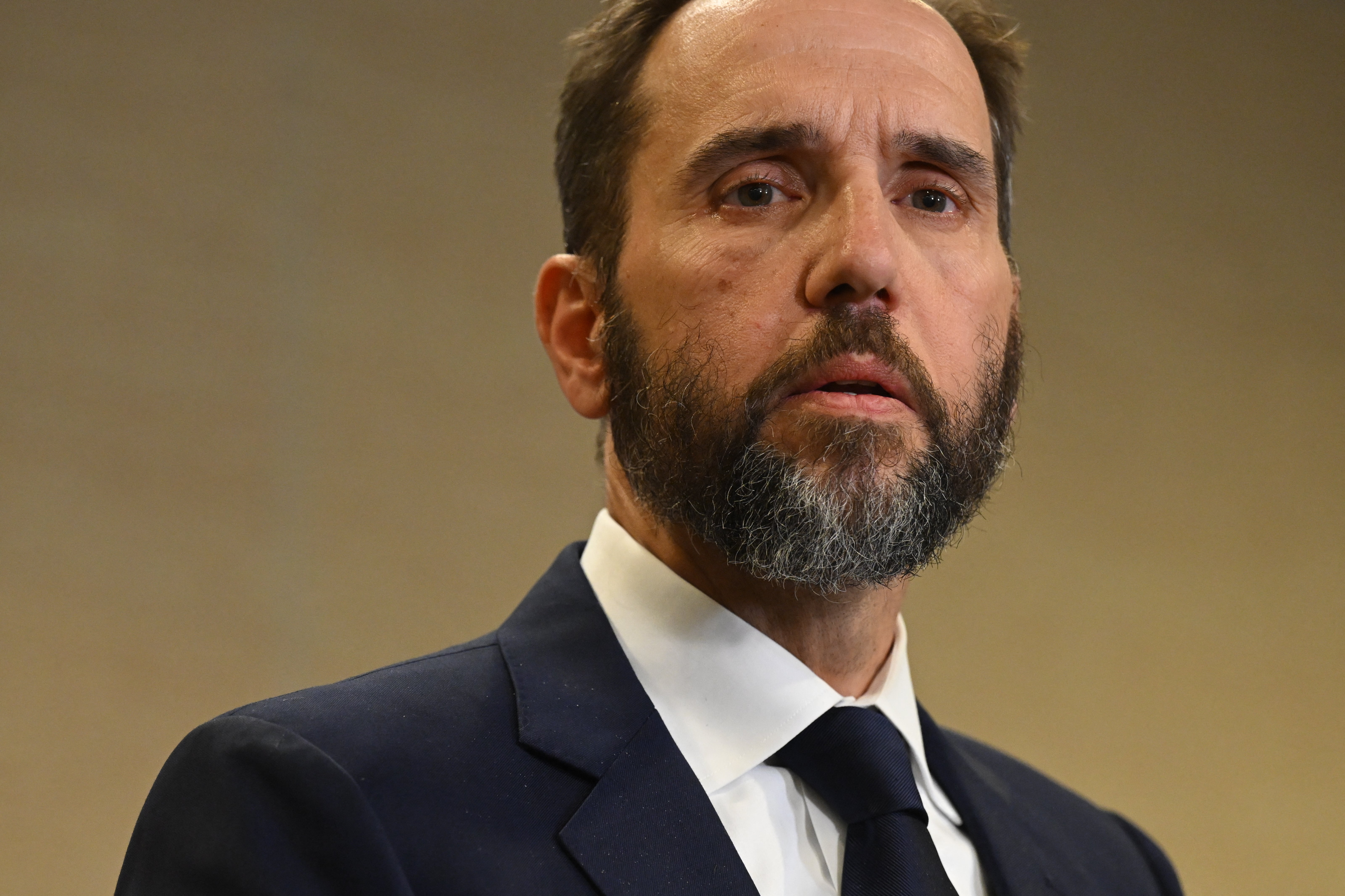
Paxton “fears that many releasable records … will never see daylight,” based on his “well-founded belief” that the Justice Department “will simply destroy the records,” his office wrote in court filings.
“That is how they and/or their predecessors have operated in the recent past,” his attorneys wrote. “And Jack Smith’s team has conducted itself in multiple ways that suggest it cannot be blindly trusted to preserve, and eventually produce, all of its records.”
The Trump-appointed federal judge overseeing that complaint swatted it down on November 25, calling it “unserious,” and that Paxton “proffered nothing to suggest more nefarious intentions.”
Trump routinely conflates his mountain of civil and criminal cases with an attack on the American people and rule of law itself. The end of his federal cases legitimizes Republicans’ “lost cause” surrounding January 6, and he sees his election victory as a mandate to rewrite history.
Trump has long viewed his election as his exoneration, despite the one criminal trial he endured resulting in a unanimous 34-count guilty verdict from a room of his Manhattan neighbors. A sentencing date in that case has been indefinitely postponed, potentially past his presidency, which may end up being the best-case scenario for prosecutors: The conviction will stand, and Trump will remain a convicted felon.
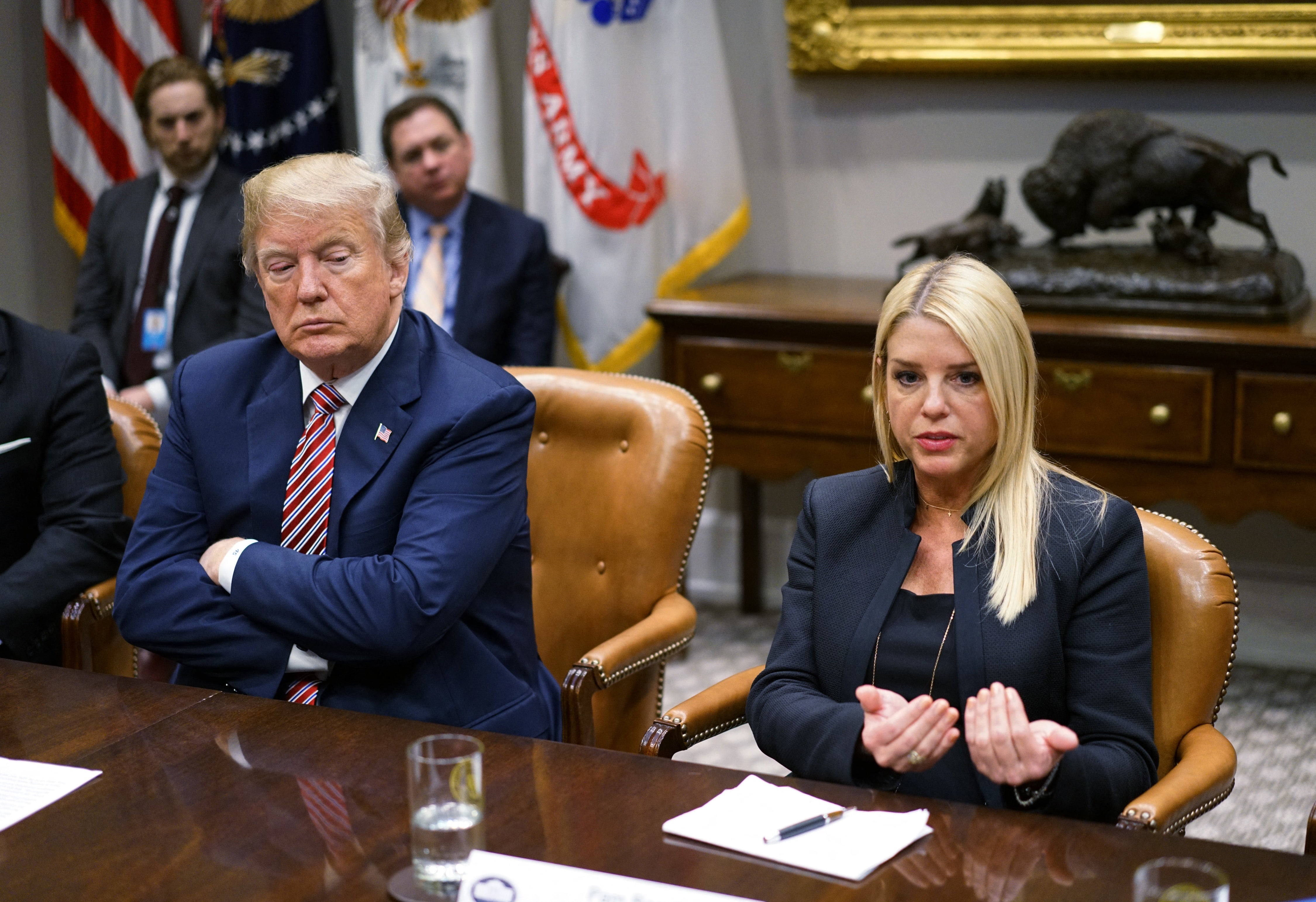
But the end of Trump’s two massive federal cases leaves several glaring, unsettled questions about what, exactly, a president can get away with.
A monumental decision from the Supreme Court affirmed that Trump and the office of the presidency are shielded from criminal prosecution for actions tied to official duties.
The attorney who argued that case on behalf of the former president? D. John Sauer, who Trump has since nominated for the next solicitor general of the United States.
Sauer gave credence to an improbable hypothetical question raised by federal appeals court judges who asked whether his definition of “immunity” would give the president the legal ability to order the assassinations of his rivals.
The Supreme Court’s ruling, written by Chief Justice John Roberts, notably does not address whether Trump could be immune from prosecution for pressuring his vice president Mike Pence to reject election results, nor did Roberts determine whether any of the conduct that makes up the charges against the former president — like spreading election lies and conspiring to recruit “fake” electors in states he lost — would count as “official” business.
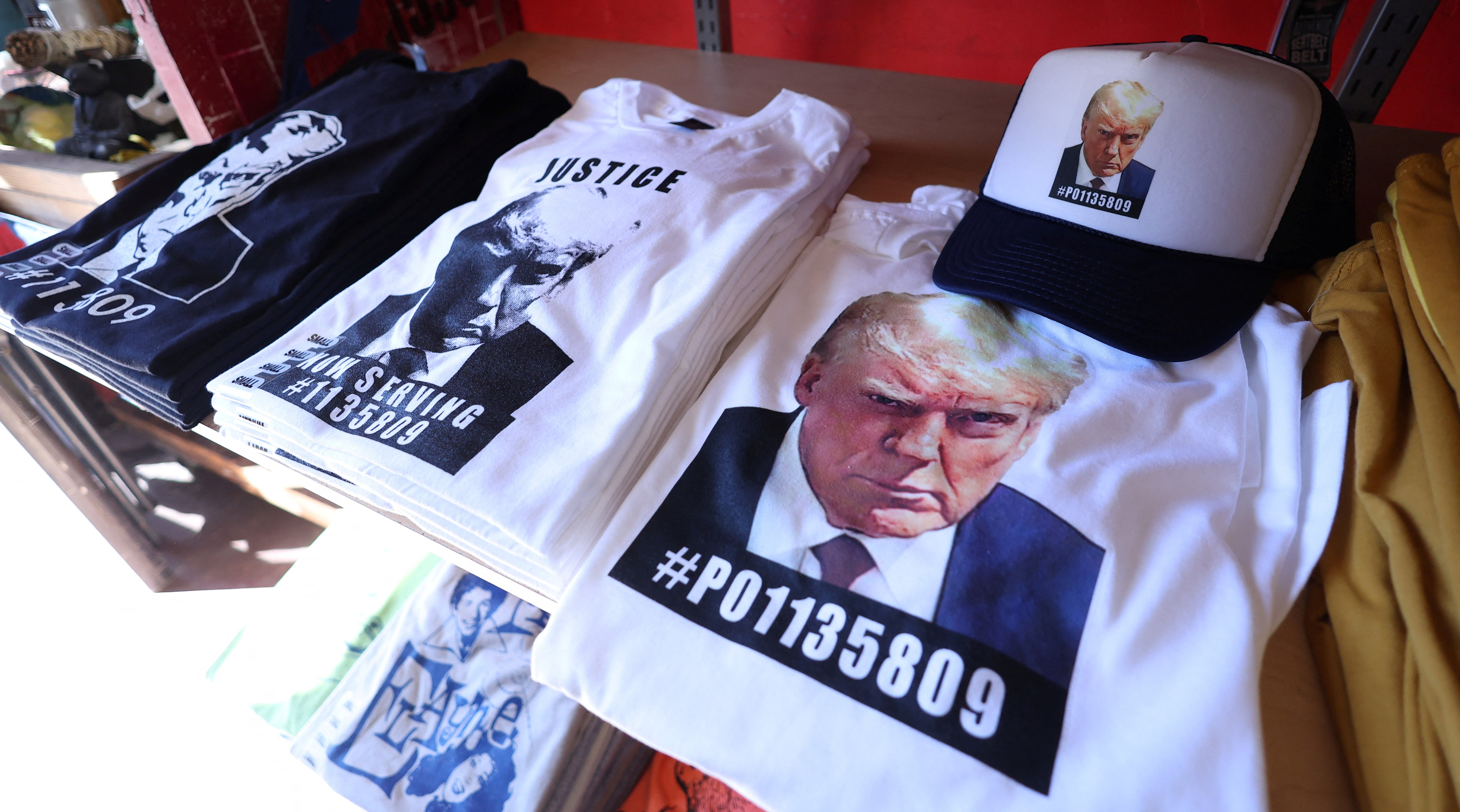
Roberts also did not address whether officials working under the president’s direction are also immune from prosecution if they were simply taking orders.
Smith’s filing to dismiss the case is a tactical surrender that could leave open the door for Smith to publicly release a comprehensive report outlining the case against the former president.
It also leaves open the possibility that the cases could be reopened after Trump leaves office in 2029.
Smith’s motion to dismiss notes that the decision only rests on the Justice Department’s long-standing policy against prosecuting sitting presidents, which is “categorical and does not turn on the gravity of the crimes charged, the strength of the Government’s proof, or the merits of the prosecution, which the Government stands fully behind.”
Join our commenting forum
Join thought-provoking conversations, follow other Independent readers and see their replies
Comments
Bookmark popover
Removed from bookmarks